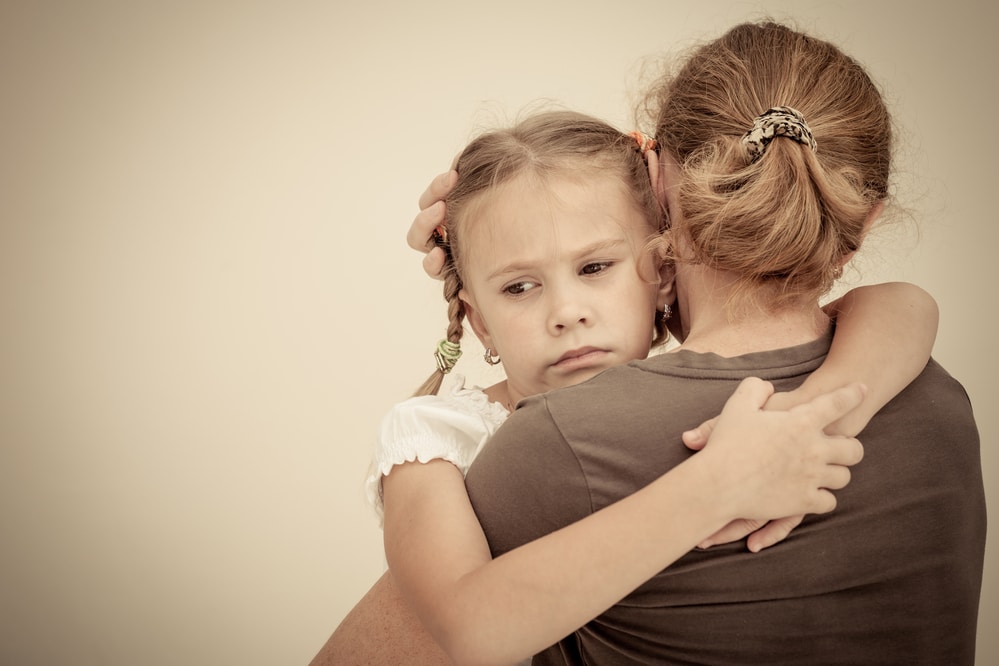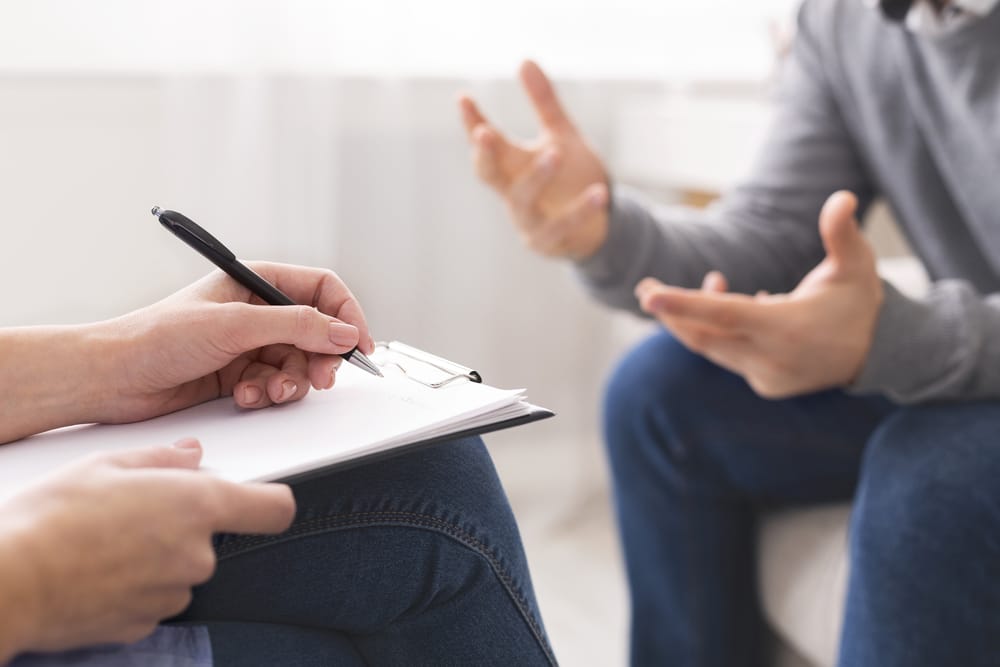Losing a loved one is one of the most difficult and traumatic things we go through. It can be incredibly tough to process and come to terms with loss and overcome grief. Sadly, most of us will experience bereavement and this is an issue that can impact us at every stage of our lives. In this article, we’ll share some tips to help you cope with grief as a family.

Understand that loss affects people in different ways
Whether you have children, or you’re going through bereavement alongside a partner or siblings, it’s important to understand that loss affects people differently. Even under the same roof and within the same four walls, loss can impact families in all kinds of ways. Some people may seem to be going about their daily business as though nothing has happened while others may be quiet and withdrawn. Some people might want to talk about their loved one while others can’t be in the room if there are photos on display or relatives are sharing stories or memories. Try not to judge other people based on how they are grieving or be influenced by others in terms of how you grieve. There’s no manual and there are no right or wrong answers. We all have our own emotions and coping mechanisms. Try not to worry if your children or your partner react in a different way, or if you display different behavior from your parents or siblings, for example.
Share the burden with family members
Losing somebody who means a lot to you brings a whole host of challenges. There is the obvious emotional impact to consider but there are also practical tasks to wade through, which can be very difficult and time-consuming. Share the burden with family members. If you have to attend appointments, make calls or work through legal processes, for example, split the responsibilities with your relatives. This is particularly important if you’re struggling to cope emotionally, or you’re finding it tough to manage your time with work and looking after your children. You shouldn’t feel that you have to take on every job yourself. Ask for help organizing the funeral, get together to look at sites like https://www.memorials.com/caskets.php to choose a casket and talk about different songs or ideas for where to scatter ashes. Work together to get through the list of people to call to notify them of your loved one’s passing or close accounts and sign documents.
Talk to your children about how they feel
It’s natural for parents to worry about how children will react and respond to losing a relative or friend. How children grieve often depends on their age and the nature of the relationship they had with that person. Young kids may have no idea what’s going on while older children may be severely affected. If you have children who are old enough to understand that somebody they love has gone, it’s hugely beneficial to try to encourage communication and to talk to them about how they feel. Don’t pressure them to speak to you if they’re not ready. Be gentle and let them know that you are there if and when they want to open up. Support them, be there for them and let them support you too. We all need time to grieve alone and have space, but it can also be helpful to come together as a unit. For more tips to help children with bereavement, this is an excellent article https://kidshealth.org/en/parents/death.html.

Let yourself grieve
If you’re a parent, you may find that your automatic response to losing a grandparent, parent or sibling is to try your best to get on with life as normal for your kids. To a certain extent, you’ll need to be able to do this, but it’s also crucial to recognize the importance of letting yourself grieve. You will need time to heal and you should allow yourself to feel and experience emotions. Don’t shut down feelings of sadness or profound loss or anger, or try to bottle them up or brush them under the carpet. It’s important to go through emotions and to learn to cope with them. It’s a natural human response to feel sad, upset, alone, confused, angry, lost and helpless when faced with trauma. You don’t have to put on a brave face all the time if you feel overwhelmed. It can be cathartic to let your emotions out and express yourself and reassuring to ask for advice and support.
Reach out if you need help
For some people, it’s helpful to talk to friends and family when they’re grieving but for others, it’s either not enough or it makes them feel worse. Some people are reluctant to chat with people they know because they’re embarrassed to be open or they feel ashamed. Some people feel comfortable talking to close friends but they need more in the way of support. If you are struggling, or you don’t feel that you can be open and honest with people you know, there is additional help available. There are organizations that specialize in bereavement support, and you could also explore options like counseling and therapy. It’s often easier to talk to people you don’t know and therapists who make time to listen. It’s important to remember that asking for help is not a sign that you’re not coping or that you are weak. It takes a lot of strength to reach out and talk about how you feel. Therapy can be beneficial for everyone, even when life is rosy.

For most people, losing loved ones is one of the hardest challenges in life. It’s impossible to predict how you will react to grief until you experience loss. It’s important to understand that everyone responds differently and that grief can impact us in unusual and unexpected ways. If you are going through a tough time, communicate with your family, be there for each other, talk to your kids and reach out if you need help. Lean on those around you, make decisions and work through practical processes together. Allow yourself to feel different emotions and try different coping mechanisms. Be gentle with yourself and those closest to you.

Leave a Reply